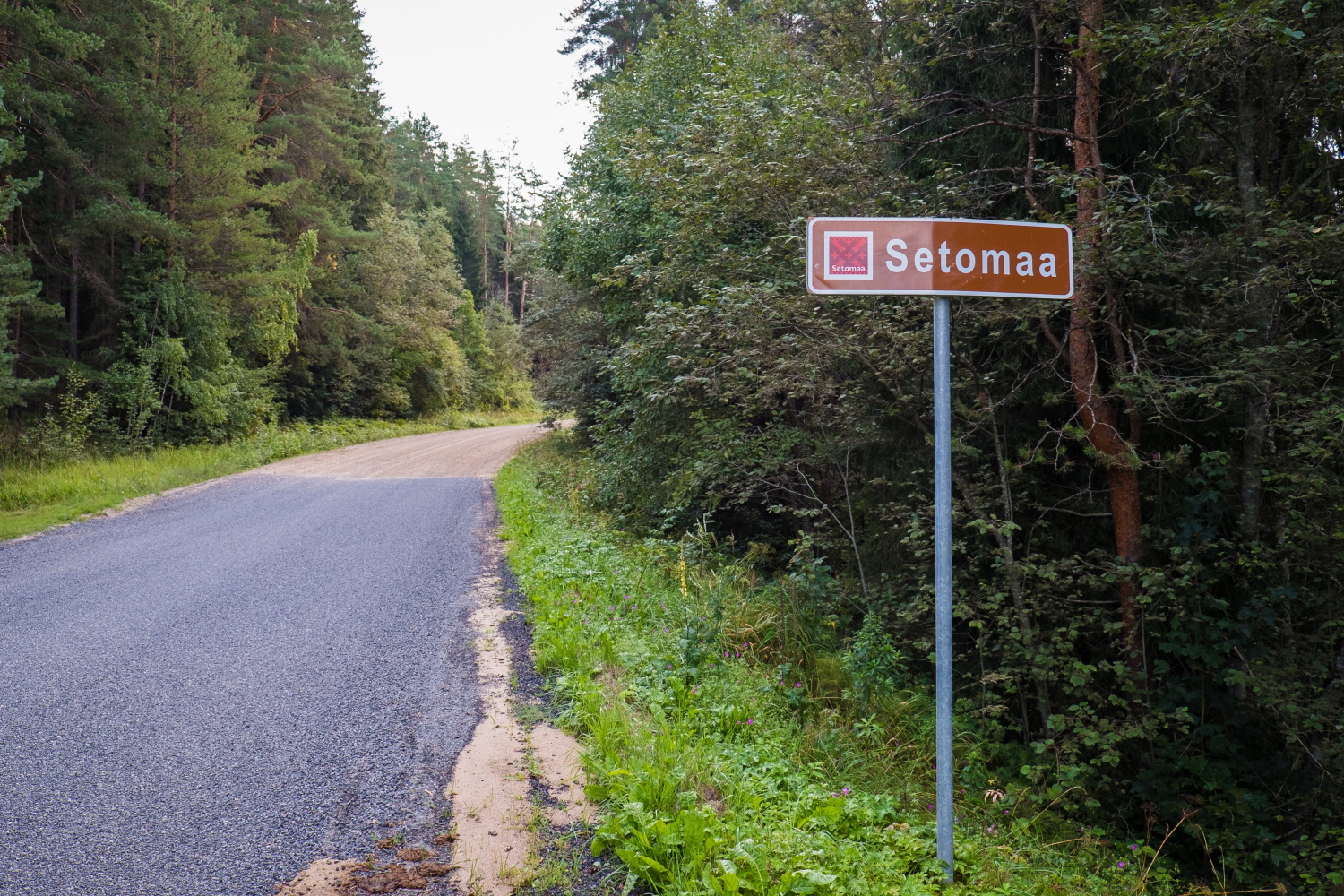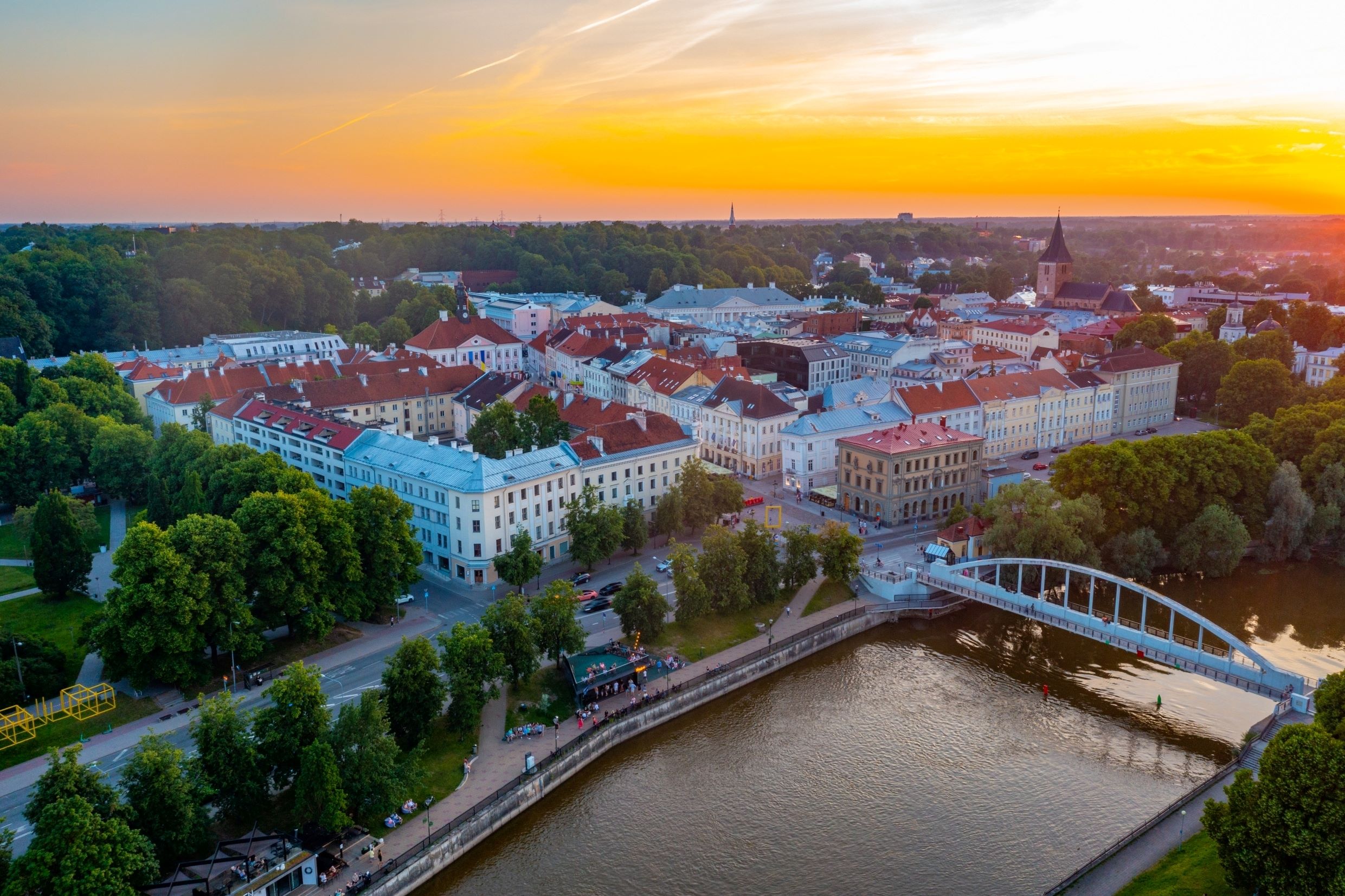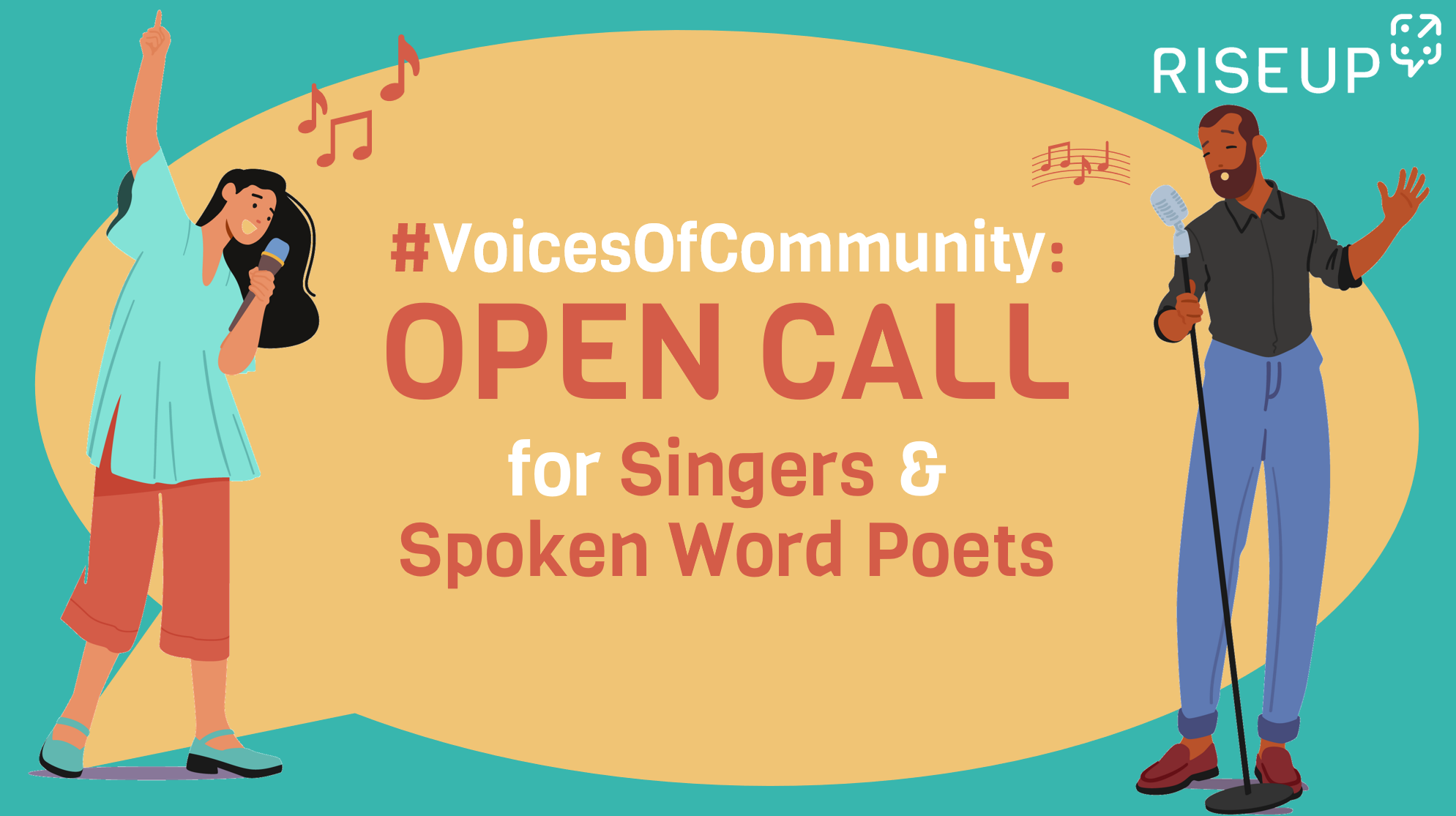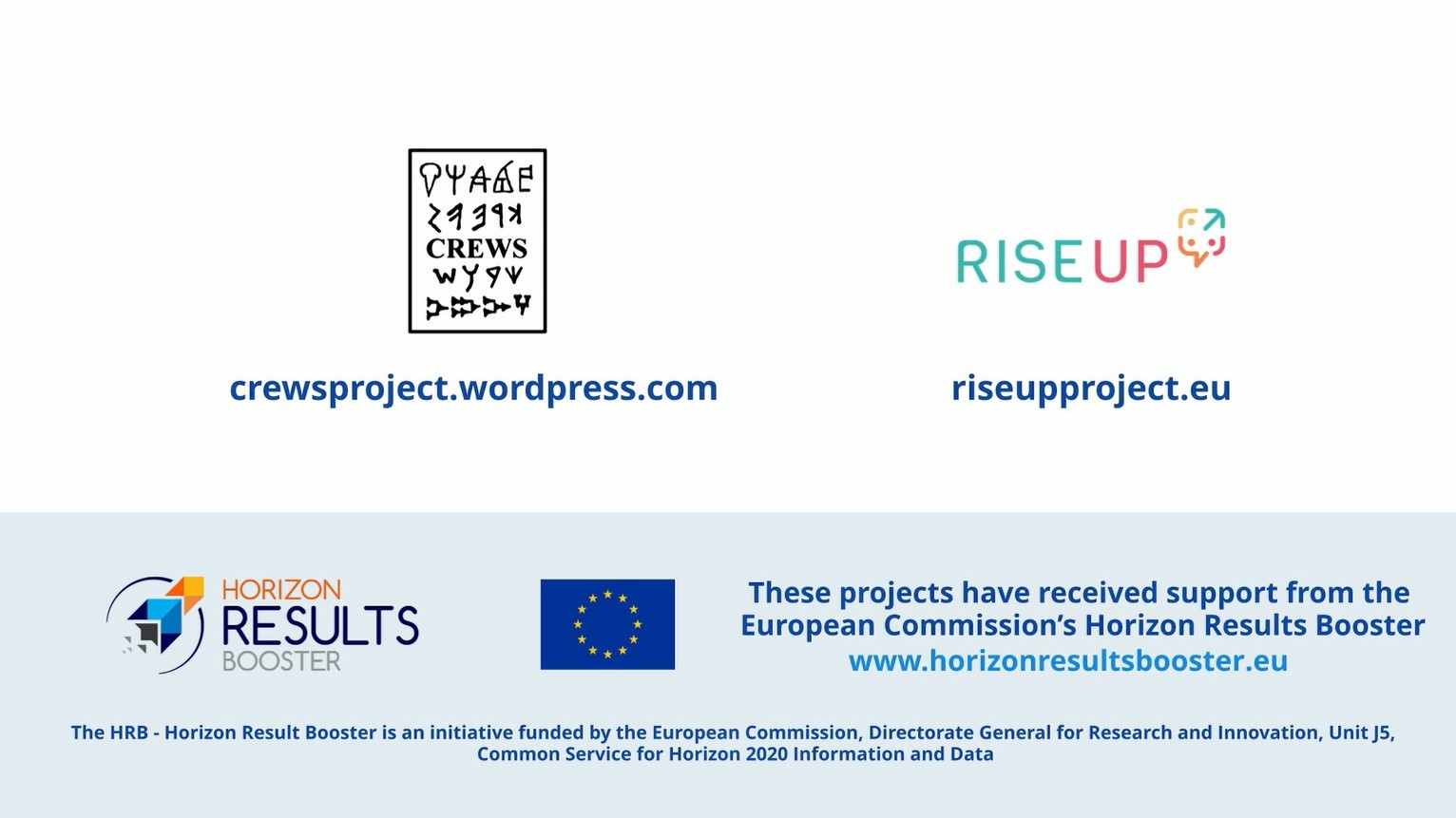
Indigenous Languages in Estonia
The Council of Estonia’s Indigenous Languages is a cooperation and advocacy group including representatives from Seto, Võro, Mulgi, Kihnu, Kodavere, Kuusalu, and Sõrve language communities. Although the contexts of these languages are diverse, their activists are united by the common goal of revitalizing traditional communicative practices. On April 15, 2023, the Council and other interested community members held a seminar in Setomaa in south-eastern Estonia to exchange experiences and best practices for language revitalization and discuss the concept of indigeneity in the Estonian context.
The seminar was organised in preparation for the Conference on Indigenous Languages, to be held in Setomaa in October 2023, with the goal of talking over issues related to the United Nations Decade of Indigenous Languages. The United Nations have declared the years of 2022-2032 the International Decade of Indigenous Languages, in an effort to raise awareness concerning the critical situation of indigenous languages throughout the world and to mobilize stakeholders and resources for their revitalization. As stated on their webpage:
“The International Decade aims at ensuring indigenous peoples’ right to preserve, revitalize and promote their languages, and mainstreaming linguistic diversity and multilingualism aspects into the sustainable development efforts. It offers a unique opportunity to collaborate in the areas of policy development and stimulate a global dialogue in a true spirit of multi-stakeholder engagement, and to take necessary for the usage, preservation, revitalization and promotion of indigenous languages around the world.” [1]
Of the mentioned language communities in Estonia, only Seto and Võro have declared themselves indigenous, giving them a different positioning in international frameworks. In the case of Võro, this is a recent development that took place in the Võro Congress meeting of April 22, 2023.
In the framework of the seminar, stakeholders discussed the tension between “language” vs. “dialect” classifications, relevant to many regional speech practices in Estonia. Stressing the Decade of Indigenous Languages’ focus on inclusion, it was put forth that in the Estonian context, indigenous “dialects” or regional languages should be given attention. Open questions of the event included:
· Is it necessary to politicise indigenous languages?
· Who would be harmed or helped by a broader definition of indigenous language?
Discussions on these topics continued on from the seminar room in a traditional smoke sauna, as a gesture within Estonia’s Year of the Sauna.
Author: Christiana Holsapple
Links
[1] https://www.unesco.org/en/decades/indigenous-languages
[2] https://eetikakeskus.ut.ee/et/sisu/eesti-poliskeelte-esindajad-raakisid-seminaril-keelte-tulevikust
Keywords
Estonia, indigenous languages, language revitalization, linguistic diversity, multilingualism, multi-stakeholder dialogue, Indigenous Languages Decade


